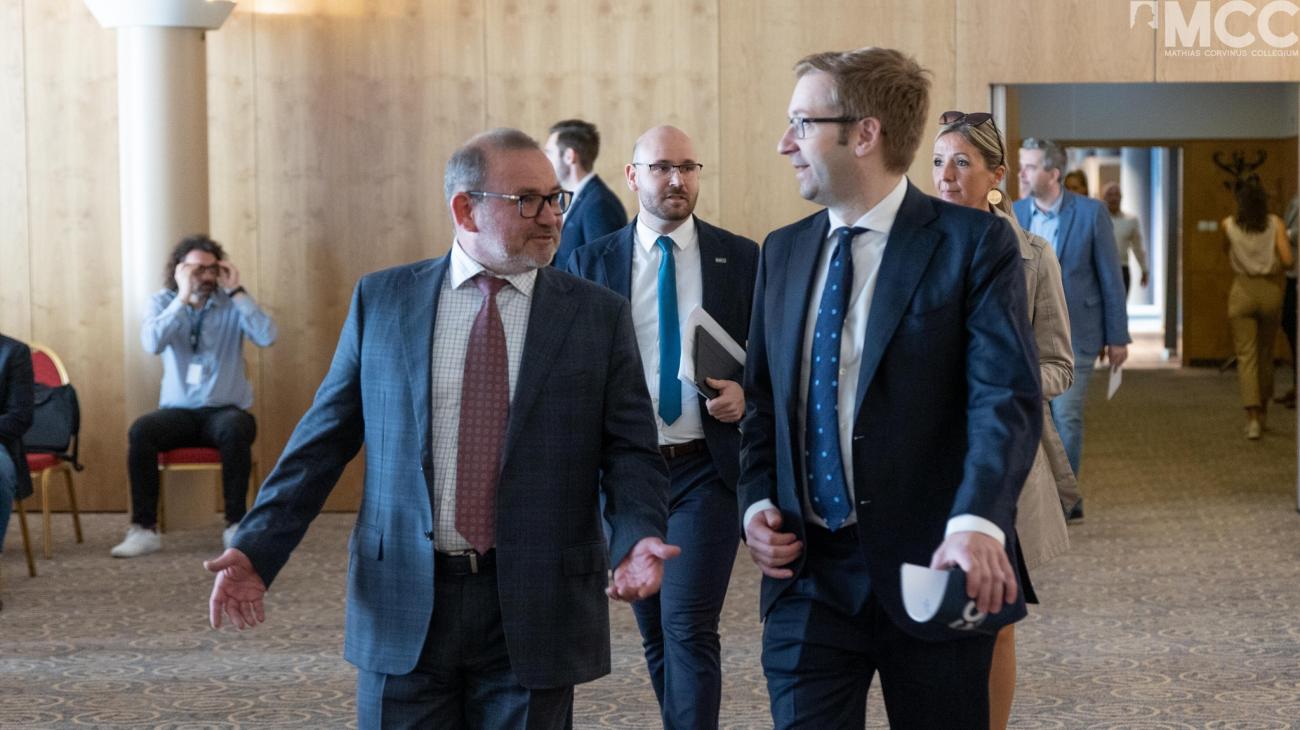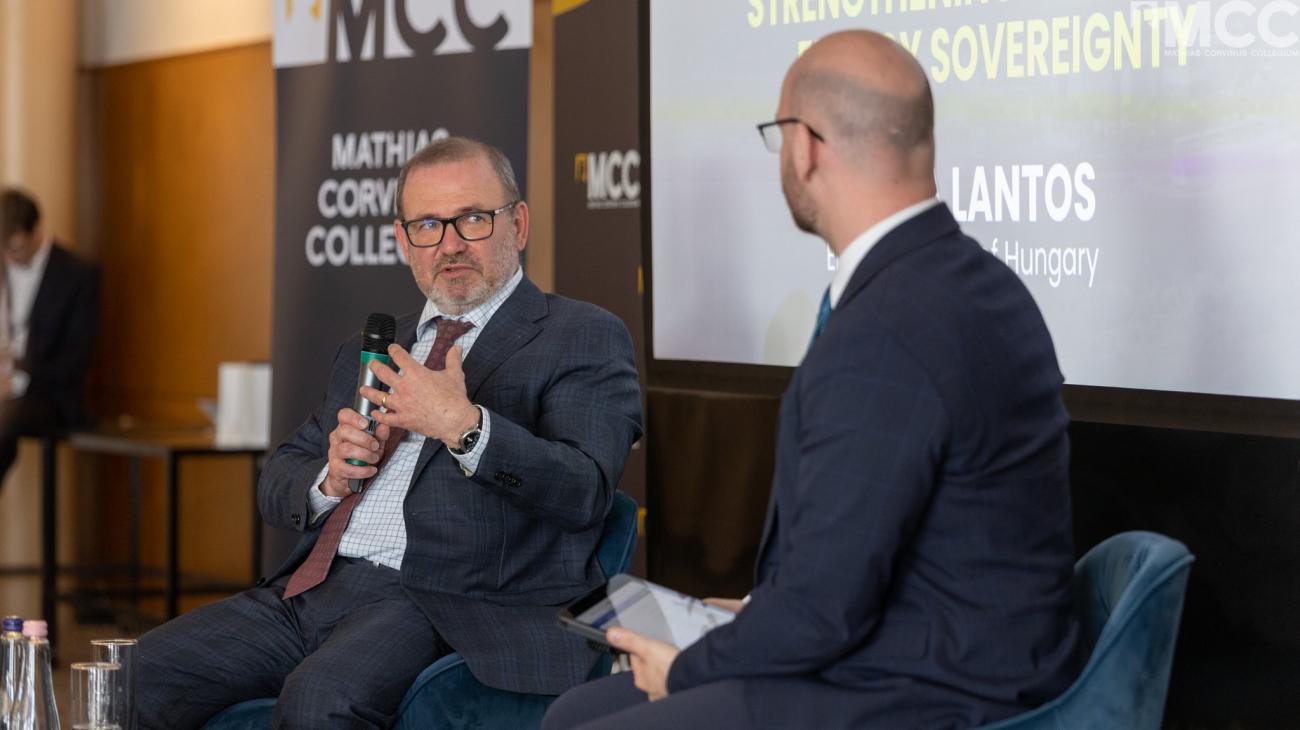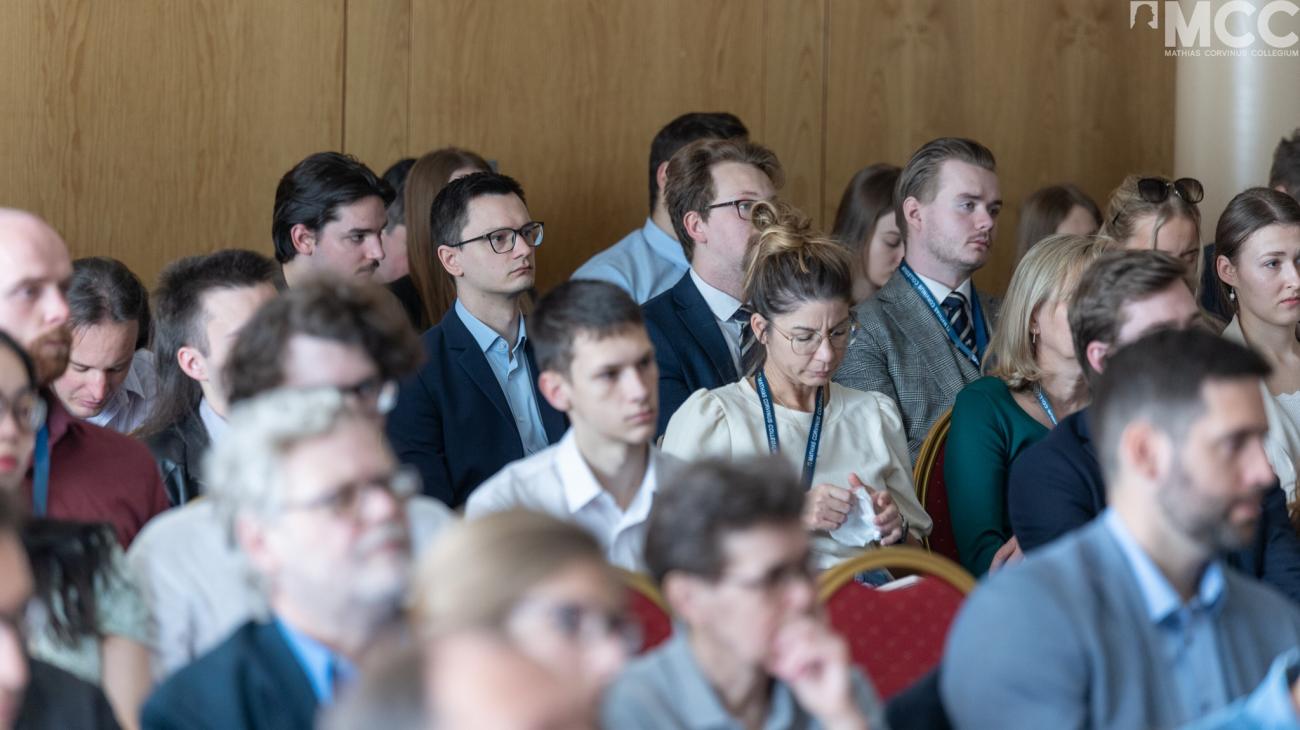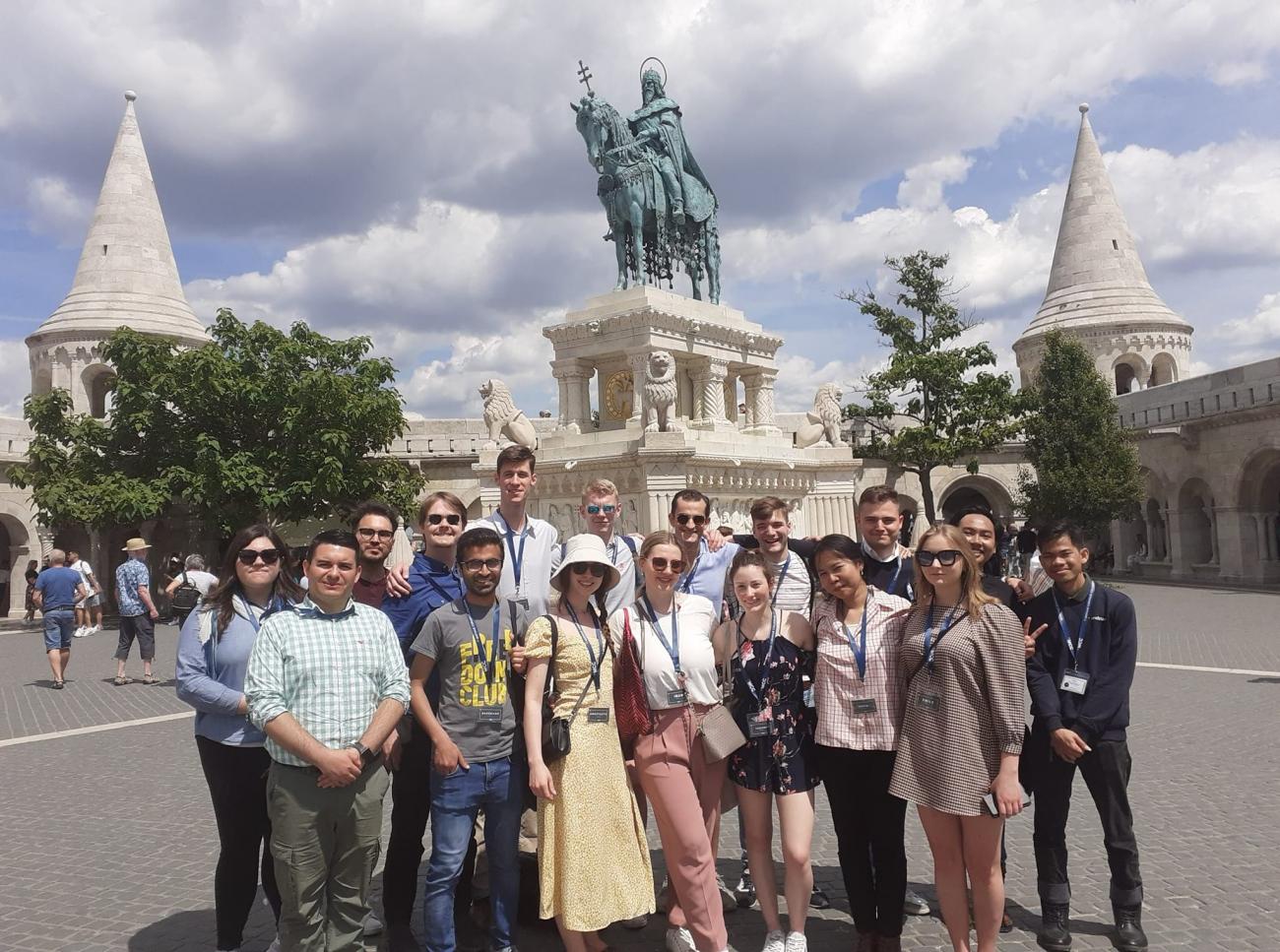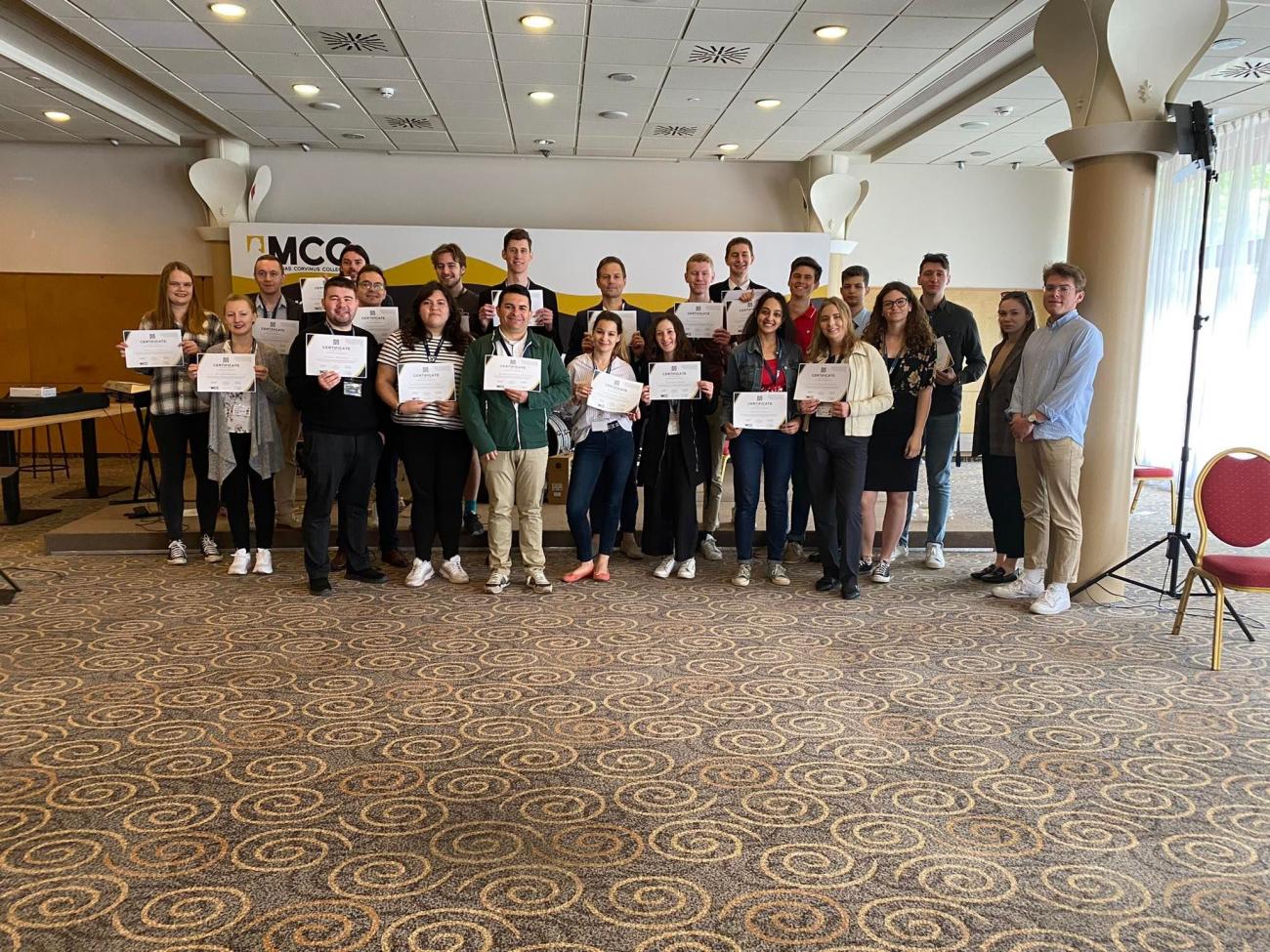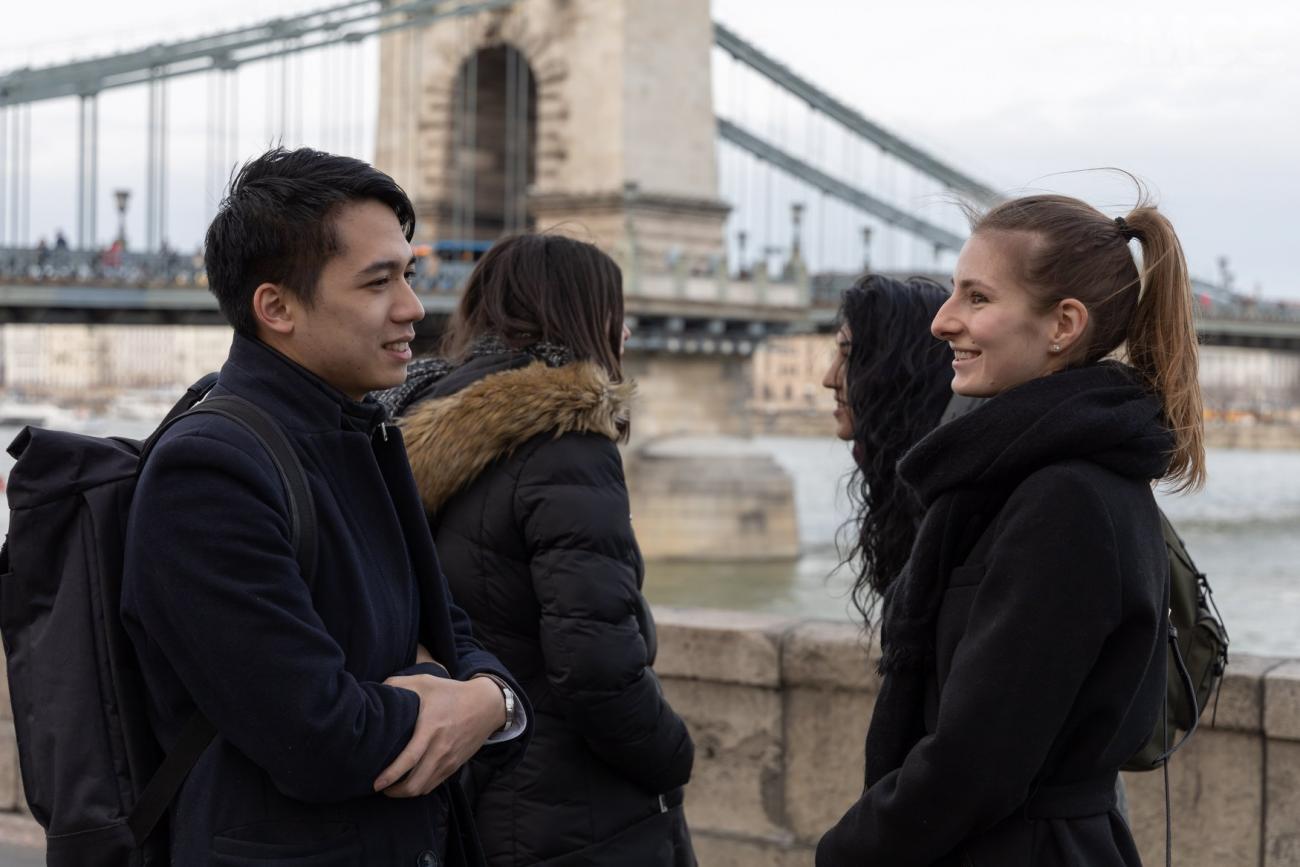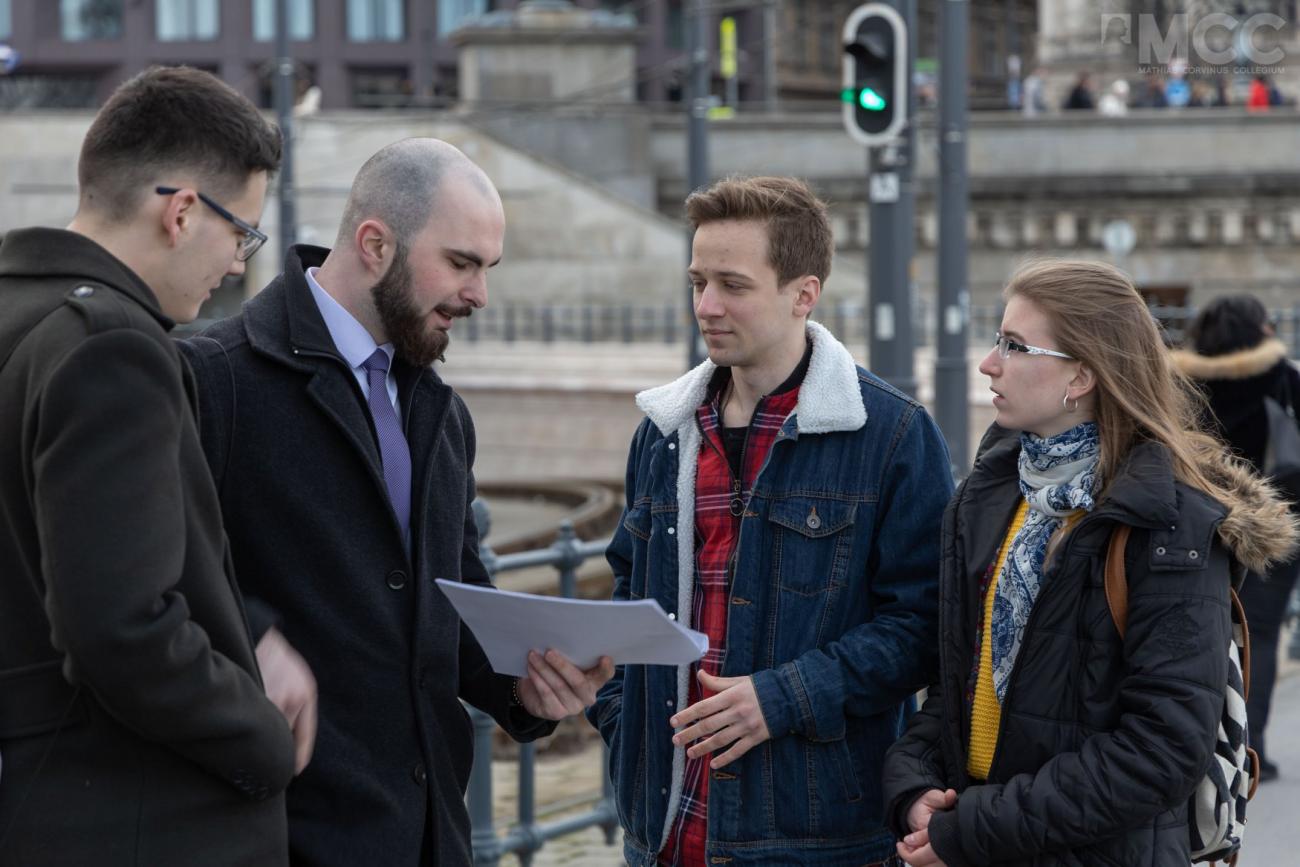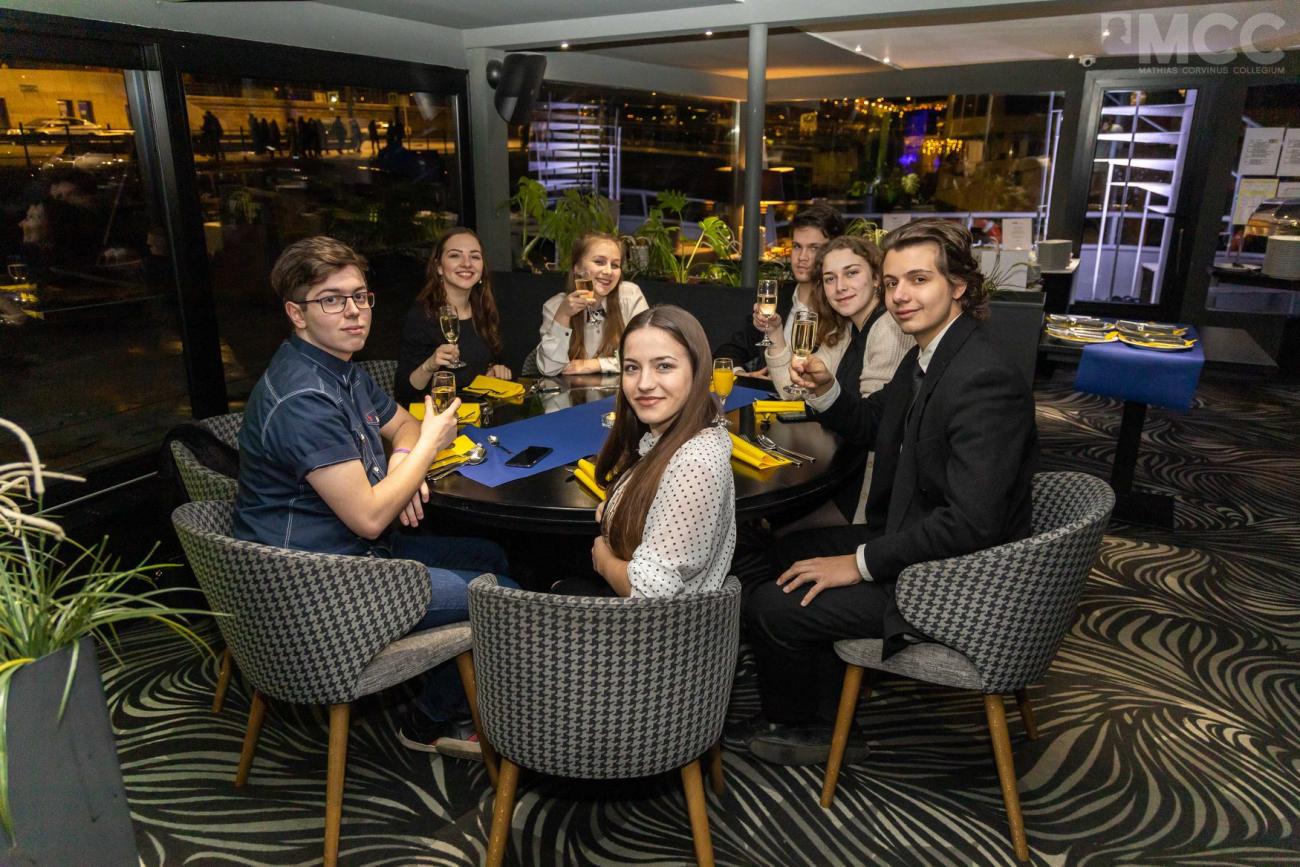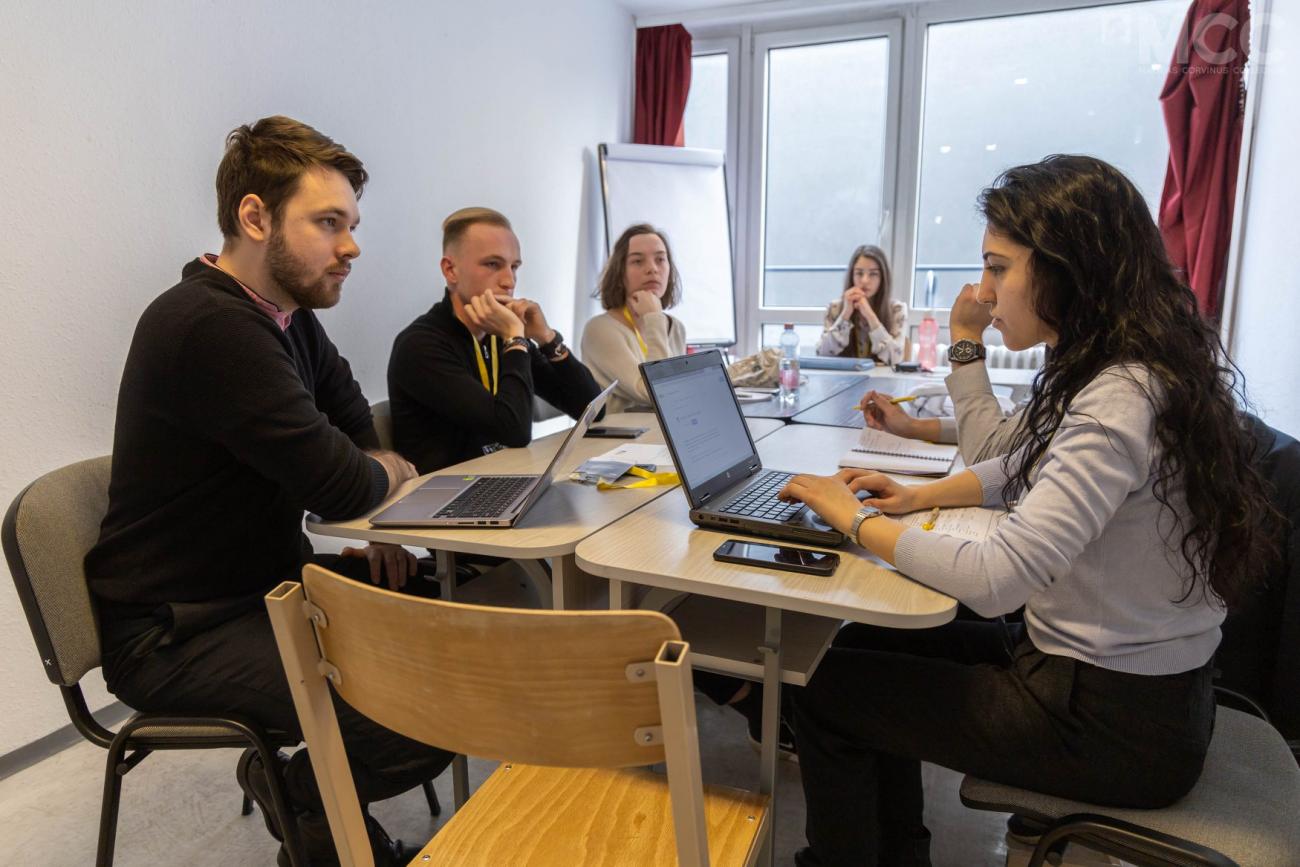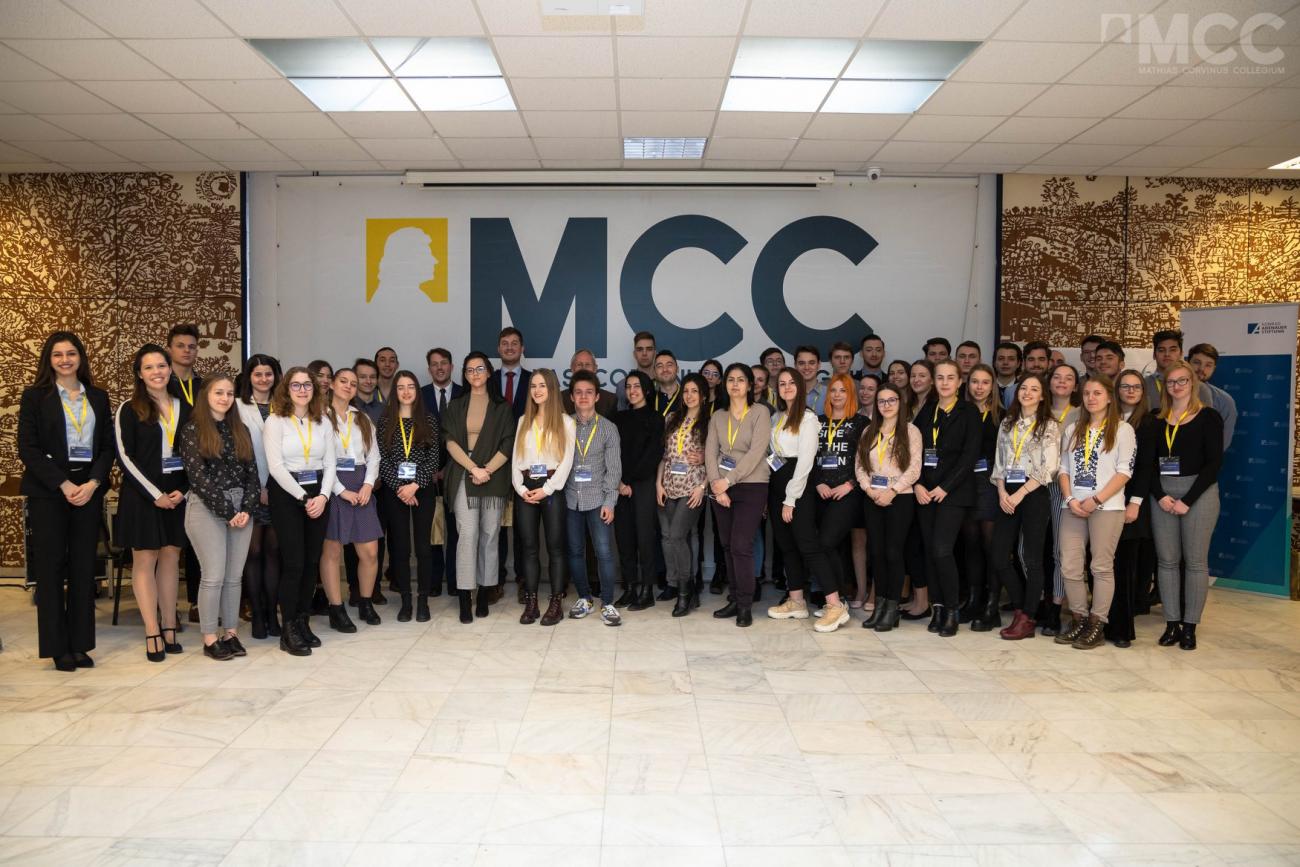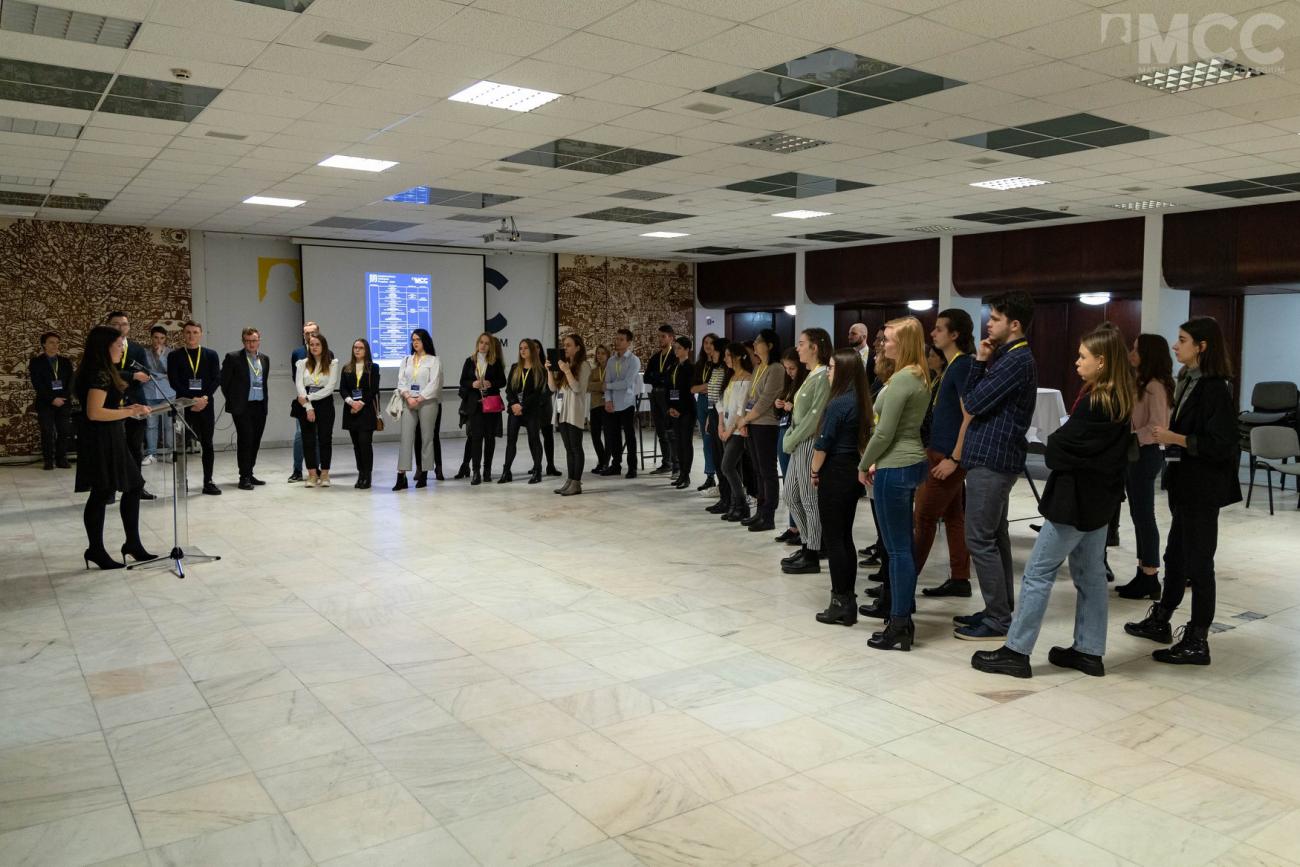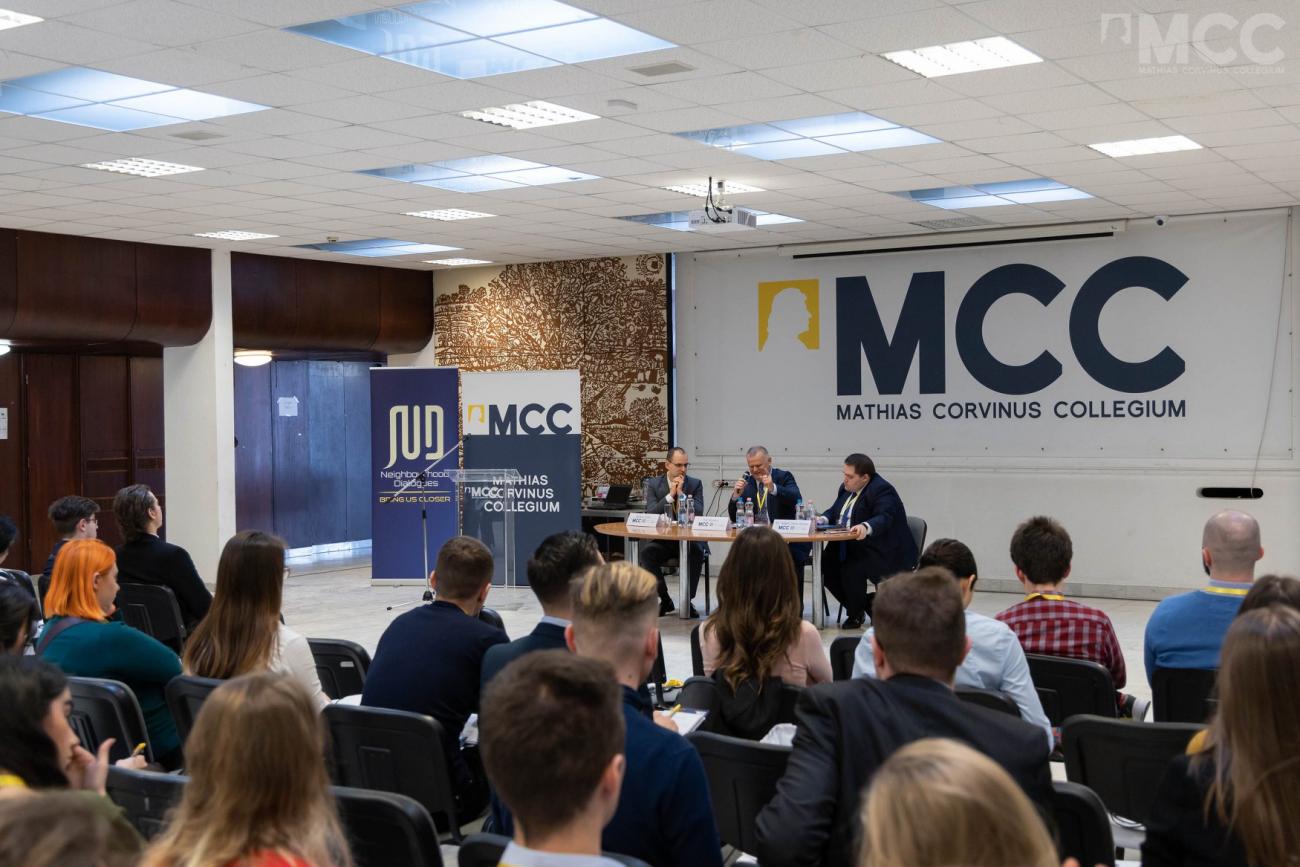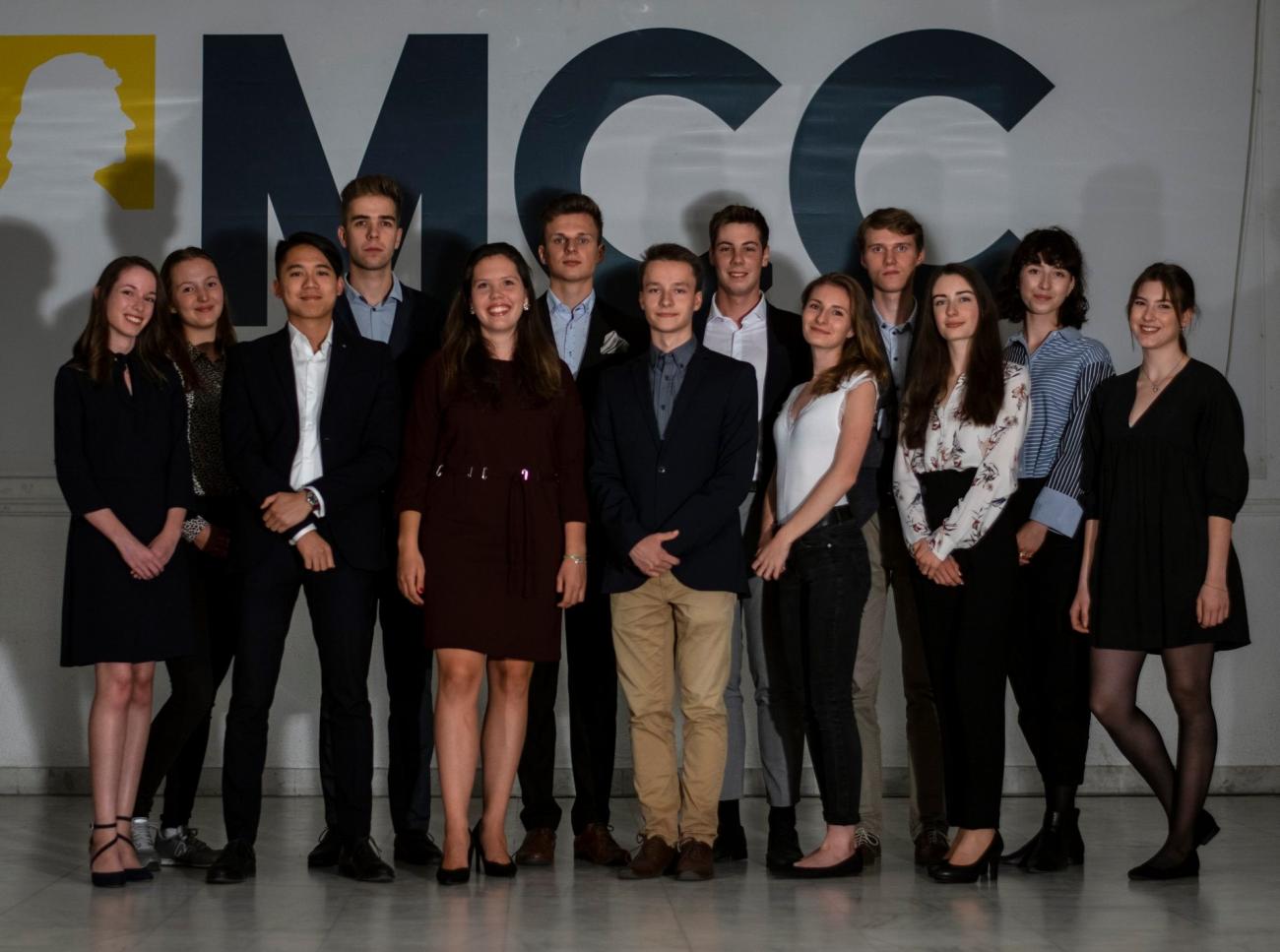2023 Summary
The Neighbourhood Dialogues is a conference of solutions, where aspiring young leaders will discuss the most pressing issues of the European energy crisis through the diverging perspectives of scientists, policymakers, and business people from Central Europe, the Visegrad Four, and the Three Seas region. The conference will be held in Budapest on 20-23 April 2023, and the theme will be the Central Eastern European regions' stance in the era of Europe's energy crisis. In light of the war in Ukraine, the whole European public opinion focuses on the continent's dependence on Russian gas and oil. It is substantial for the countries of the region to have a common voice in Europe and to be able to work out mutually beneficial solutions considering the quick development of events. The aim of the conference is to allow its students to gain a holistic and profound view of the topic and to facilitate dialogue about the future energy issues in the region.
During this action-packed week, the participants could engage in heated debates. The Hungarian Minister of Energy, Csaba Lantos talked about national goals and challenges that leads their decisions, and also about how they would like to strengthen Hungary's energy sovereignty in the middle of an energy crisis. There took place a presentation by Oszkár Világi, the CEO of Slovnaft, giving an insight to the Central European energy sector and its present struggles. With the help of Máté Tóth, an energy lawyer, participants walked through the basics of the European energy system. Gergely Nagy Böszörményi, Curator of the MOME Foundation and Head of Brain Bar Talent Development Program had given a speech about why innovation should focus on our real problems instead of substitutes. There also was a discussion held by startuppers who have practice in the field of business. During this event, we got to hear the presentation of Donát Posta, the Co-founder and CEO of SMAPP. To understand current issues and challenges we provided a discussion with experts from different fields, like Arvíd Hallén and Dénes András Nagy.
Stepping out of the institution, participants visited the newly built MOL Tower, which is the tallest building in Budapest. During the guided tour by the MOL Executive Director, they could explore the MOL headquarters, and could find out more about the company. We also provided a private, guided tour of the Paks nuclear power plant.
Beyond the professional pillar, culture also got the spotlight. Participants got the chance to get acquainted with Hungarian folk dance, they were invited to a wine tasting event, and also participated in a city tour.
